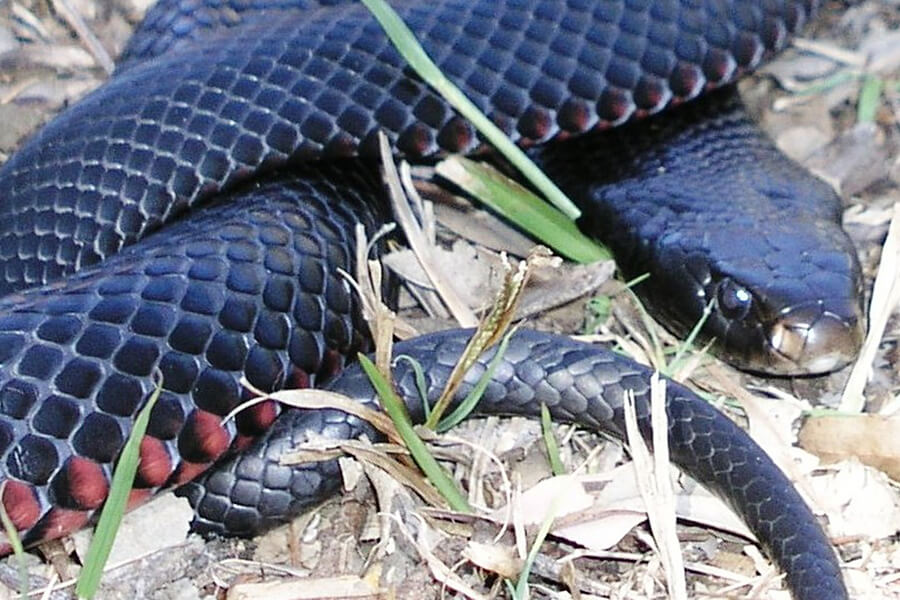Introduction
Snake bites are often feared, with many people unsure about how to respond if they or someone else is bitten. In various parts of the world, snake encounters can be a real threat, especially in regions where venomous species are prevalent. However, misinformation abounds regarding first aid for snake bites, leading to panic and ineffective responses. This article aims to clarify common myths surrounding snake bites and provide detailed information on effective first aid practices.

The focus here will be on debunking misconceptions while giving you the essential knowledge needed for proper first aid. We’ll delve into various aspects of snake bites, including how to recognize them, what immediate actions to take post-bite, and how to prepare a comprehensive snake bite first aid kit.
First Aid for Snake Bite: Understanding the Basics
What Happens During a Snake Bite?
When a snake bites, it injects venom into the victim’s body through its fangs. The severity of symptoms depends on several factors:
- Type of Snake: Some snakes have potent venom that can cause severe reactions. Amount of Venom Injected: A "dry bite" occurs when no venom is injected. Location of the Bite: Bites on sensitive areas may result in more serious symptoms.
Recognizing Symptoms of a Snake Bite
Immediate recognition of a snake bite is crucial. Signs may include:
- Pain and swelling around the bite area Nausea or vomiting Rapid heart rate Difficulty breathing
Understanding these symptoms can guide your initial response.
Common Myths About Snake Bites
Myth 1: You Should Suck Out the Venom
One prevalent myth suggests that sucking out venom from the bite site is beneficial. In reality, this is not only ineffective but can also cause further harm by introducing bacteria into the wound.
Myth 2: You Should Apply Ice to Reduce Swelling
Another misconception is that ice should be applied to alleviate pain and swelling. However, cold compresses can constrict blood vessels and potentially worsen tissue damage.

Myth 3: Tourniquets are Effective First Aid Tools
Using tourniquets is often recommended in emergency situations; however, this can lead to severe complications such as tissue necrosis.
First Aid Practices for Snake Bites
Initial Steps After a Snake Bite
When someone is bitten, act quickly but calmly:
Call Emergency Services: Always seek immediate medical attention. Keep the Victim Calm: Stress can increase heart rate and spread venom faster. Immobilize the Affected Limb: Keep it still and at or below heart level.How to Handle a Snake Bite Until Help Arrives
While waiting for professional help:
- Remove tight clothing or jewelry near the bite area. Monitor vital signs (breathing, consciousness). Avoid drinking alcohol or caffeine as they can exacerbate symptoms.
Creating Your Snake Bite First Aid Kit
Essential Items in Your Kit
A well-stocked snake bite first aid kit should include:
- Antiseptic wipes Sterile gauze pads Adhesive bandages A splint Emergency contact numbers
Where to Purchase Your Kit
You can find specialized snake bite first aid kits at pharmacies or outdoor equipment stores. Consider purchasing one tailored specifically for your region's wildlife risks.
First Aid Management of Snake Bites
Step-by-Step Treatment Protocols
Assess the situation—check if it's safe to approach. Identify the type of snake if possible (don't try to catch it). Follow initial steps mentioned above while monitoring any changes in condition.Administering CPR if Necessary
If breathing stops or becomes irregular:
Call emergency services immediately. Begin CPR—30 compressions followed by 2 rescue breaths until help arrives.Educational Resources for First Aid Training
Online Courses and Workshops
Many organizations offer online courses focusing on wilderness first aid that cover topics like managing snake bites effectively.
Printed Materials and Guides
Consider obtaining a first aid manual that includes illustrations and detailed instructions specific to snake bites.
First Aid for Snake Bites: Common Myths Debunked Again!
To reiterate some critical points discussed earlier:
Sucking out venom is not effective. Ice packs can do more harm than good. Avoid using tourniquets—they're rarely beneficial.By debunking these myths, we empower individuals with accurate information essential read more during emergencies.
FAQs about First Aid for Snake Bites
Q1: What should I do immediately after being bitten by a snake?
A1: Remain calm, call emergency services, immobilize the affected area and keep it below heart level while awaiting help.
Q2: Are all snakes venomous?
A2: No, only certain species possess venom harmful enough to necessitate medical attention; however, treat all bites seriously until identified otherwise.
Q3: Can I use homemade remedies for treating snake bites?
A3: Relying on homemade remedies is discouraged; professional medical treatment is essential after any suspected bite.
Q4: How do I know if I need antivenom?
A4: Medical professionals will assess symptoms upon arrival; antivenom is administered based on severity and type of envenomation.
Q5: Is it safe to apply pressure around a snake bite?

Q6: What about allergic reactions to antivenom?
A6: Allergies are possible; healthcare providers monitor patients closely during treatment for any adverse reactions.
Conclusion
Understanding how to respond effectively when faced with a potential snake bite situation could save lives—yours or someone else's! With knowledge comes power—the power to act swiftly under pressure rather than succumbing to confusion Yellow belly Tree Snake fueled by myths surrounding first aid techniques.
Equipping yourself with an appropriate first aid kit tailored http://emilioifne996.wpsuo.com/understanding-the-habits-of-venomous-snakes-like-the-tiger-serpent for managing snake bites ensures you're prepared when adventures take you into nature's unpredictable territories. Remember these guidelines as you explore further into wilderness safety!
Thus far we've covered numerous aspects surrounding "First Aid for Snake Bites," dismantling harmful misconceptions while equipping you with knowledge that'll serve you well should you ever find yourself faced with such an unfortunate incident again!